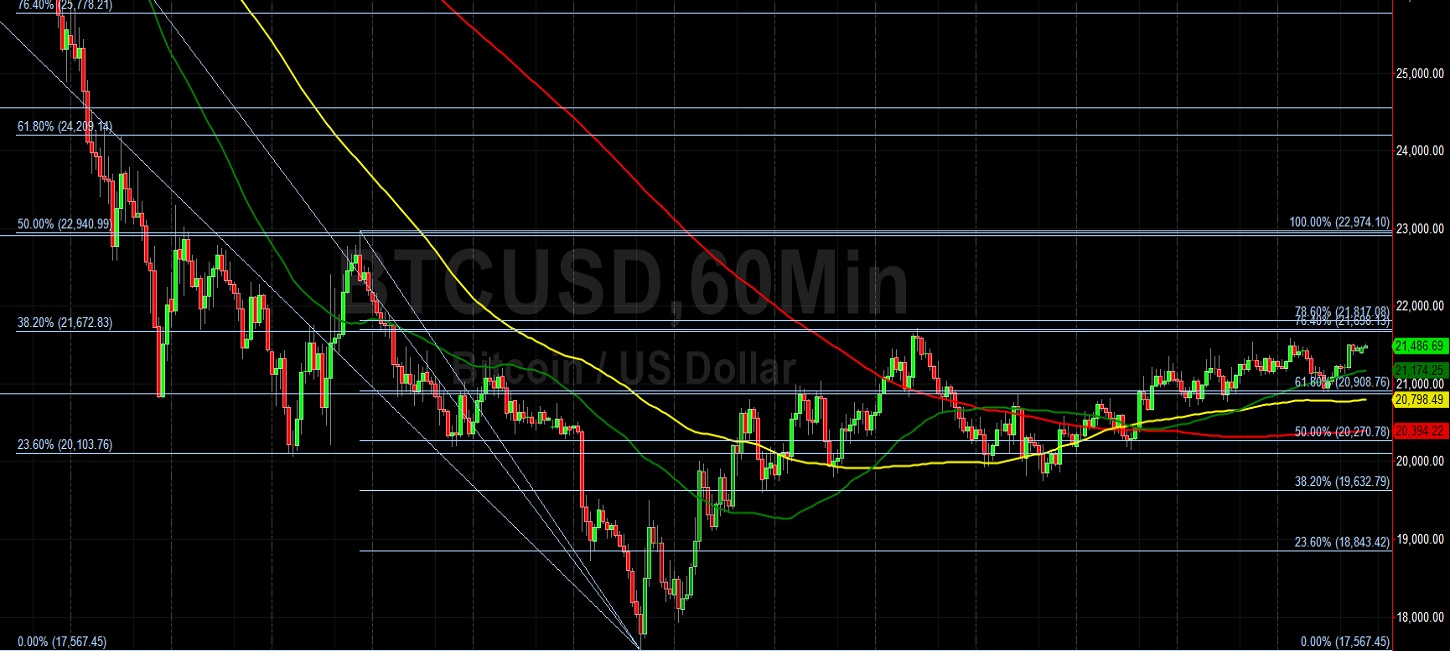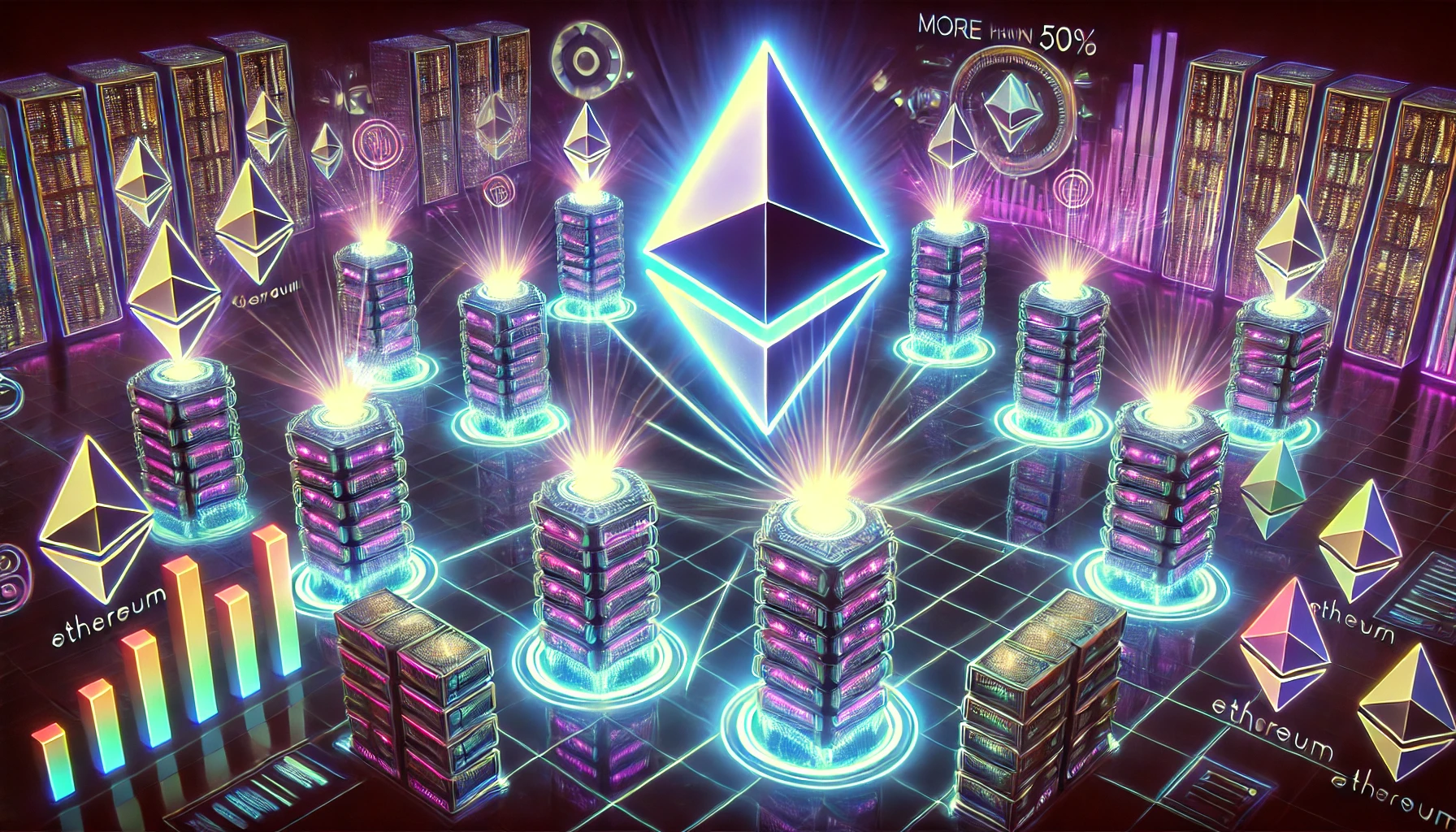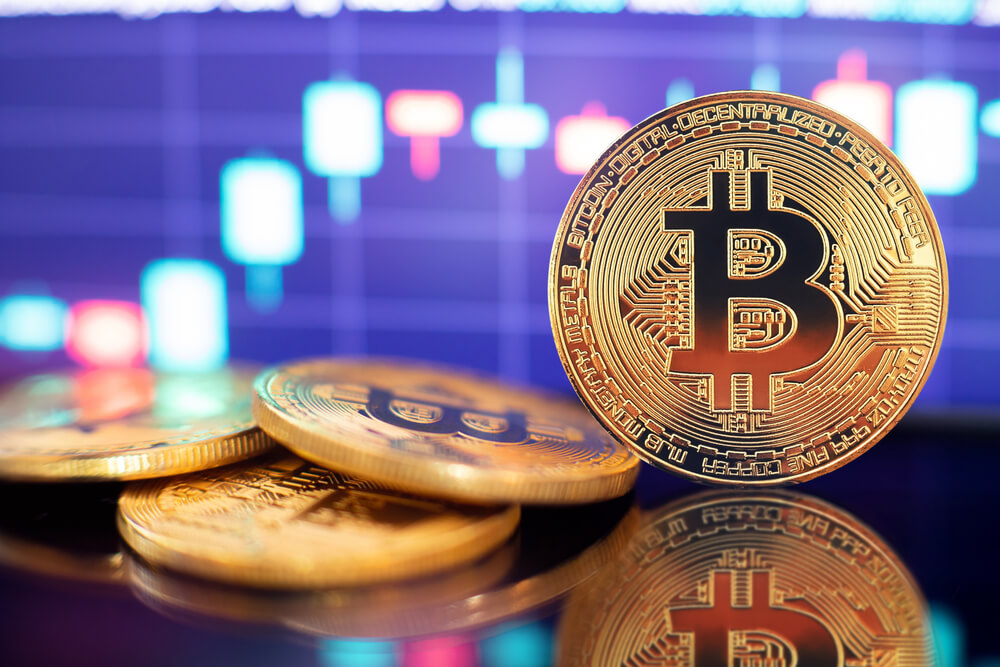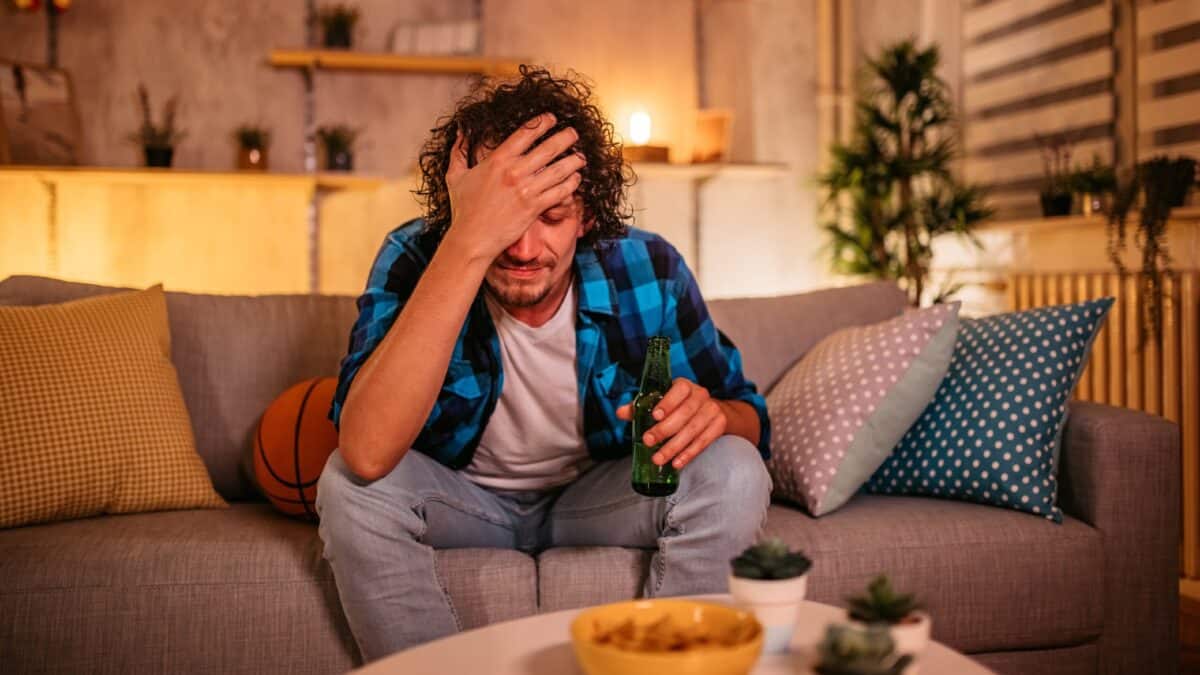It would have seemed impossible to the longhairs and freaks who inaugurated it in 1970, but the Glastonbury Festival has now taken its place among the first rank of British national treasures, alongside the likes of Paddington Bear and Dame Judi Dench.
If its countercultural roots were nurtured by a sense of difference, then these days the Somerset extravaganza prides itself on having something for everyone. This year’s event has featured almost 800 acts in a site with more than 200,000 people present. It has received blanket BBC coverage, like a less genteel Wimbledon. Among the three headliners was the youngest solo artist to do so, Billie Eilish, and also the oldest, Paul McCartney. Glasto, as it is cosily nicknamed, wants to reach across the divides.
McCartney was meant to appear in 2020 for the festival’s 50th anniversary, in an ecumenical rock-rap-pop superstar line-up that also comprised Kendrick Lamar and Taylor Swift. Following that year’s pandemic cancellation and last year’s online mini-festival, Glastonbury drew two of the three back for its return to proper action. McCartney headlined the Pyramid Stage on Saturday, while Lamar was rebooked as the closing act for Sunday (to be covered in a separate review). Eilish was Swift’s replacement as the opening night’s headliner. She too is one of the biggest names in pop, a sign of the festival’s cachet.
The official programme got under way on Friday morning with a video address from Ukrainian president Volodymyr Zelenskyy, challenging Glastonbury’s pleasure-seekers to prove “that freedom always wins”. His olive-green military T-shirt gave a sobering gloss to the khaki fatigues that are a staple of the festival wardrobe, and also hedonistic Glasto metaphors of getting “bombed” and “blitzed”. He was followed on the Other Stage (the festival’s second-biggest space) by a band infamous for using their freedom unwisely rather than well — The Libertines, wayward darlings of early-2000s UK indie rock, the fag-end of Britpop.
As though chastened by Zelenskyy’s words, or perhaps disoriented to find themselves under bright noonday skies, the now middle-aged quartet began slowly. But they built up a head of steam with their scruffy anthems — tottering, clattering affairs that seemed on the verge of falling over, only to leap back up with raucous choruses and rough-diamond rhymes, such as co-frontman Pete Doherty’s ominous promise “to confess all my sins after several large gins” in “Music When the Lights Go Out”.
Glastonbury’s bill used to be filled with indie bands like The Libertines. But the lights have gone out, or at least dimmed, on this style of music. Over the past 20 years, the festival has managed to diversify itself. It crams an immense variety of acts into its 800-acre site, which for the rest of the year is farmland with cows. For its long weekend, the only milking is for applause, in the form of the refrain heard repeatedly from stages no matter the music genre: “Glastonbury, are you having a good time?”
The FT’s Friday itinerary included Pakistani singer Arooj Aftab playing shimmering, enrapt songs with an acoustic guitarist and violinist on the West Holts stage. “Is it a sitting vibe?” a festivalgoer asked her companion. Yes — and happily it was safe to submit to the vibe without risking the seat of one’s pants. Rain threatened, but held off. Sunshine triumphed, as vital to having a good Glastonbury time as any applause-seeking musician.
It was standing room only at the West Holts stage for veteran US girl group TLC, who drew a vast crowd. The backing band gave their 1990s R&B hits an old-fashioned soul revue feel, while super-slick dancers did backflips. Singers Tionne Watkins and Rozonda Thomas sang hits such as “No Scrubs” and “Waterfalls” with US entertainment royalty pizzazz. The vibe on this occasion was captured by a woman in the audience who audaciously climbed high up a flagpole and began doing pole-dancing routines.
Confidence Man’s set at the Park Stage was another highlight. The Australian male-female duo put on a riot of hyperactive dance moves, a dazzling display of handography, armography, shimmies, shakes, knee-slides and vogueing — everything bar a conga, accompanied by a highly entertaining series of disco, house and electropop numbers.
Any civilian unwise enough to attempt similar feats of terpsichorean prowess in the nearby Arcadia field later on would have caused violent injury. It was rammed shoulder-to-shoulder for post-midnight techno while a vast mechanical spider belched fire and a dirigible balloon floated in the air with a dancer suspended from it. The FT rubbed its eyes and wondered whether it was time for bed.
Dance music was represented by a huge cast of DJs, from Carl Cox to Calvin Harris. Meanwhile, seekers after enlightenment from old-school acid-rock, the soundtrack of Glastonburys past, were also well catered for by acts such as Japanese psychedelic band Kikagaku Moyo. They played a mesmerising show at West Holts on Friday morning, where the noon sun was shadowed by the fact that it was their last UK appearance: they are on a farewell tour before breaking up.

A festival talking point, sparked by comments from the UK comedian Lenny Henry, was how white its audience is, in contrast to the diversity of its acts. The forest of white arms swaying back and forth at AJ Tracey’s command during an enjoyable Pyramid Stage set on Saturday was proof of the accuracy of the observation. As was the west London rapper’s decision to add a rock flavour to his UK garage and grime sound with a guitarist and drummer. There were a decent number of rappers in the line-up, but no stage dedicated to the music.
In other ways, however, the festival’s clientele appeared encouragingly mixed. All ages were present, with an equal-seeming split between women and men. The ticket price of £285 represented remarkably good value, incorporating a maximum five nights of camping as well as the abundant line-up of acts. The festival’s organisers, Michael Eavis and his daughter Emily Eavis, have resisted milking the event financially.
On Saturday, Greta Thunberg gave a surprise speech about climate change from the Pyramid Stage (a heckler shouted “Boring!” and was in turn heckled) before Haim’s set. The Californian trio played an impeccably summery show, with reserves of pinpoint professionalism beneath a breezy exterior. At the Other Stage, Nigerian Afrobeats star Burna Boy played the sunset hour, reeling off dance jams in a golden glow with a large ensemble of musicians and backing singers.
The US Supreme Court’s anti-abortion action in overturning Roe vs Wade, announced during the festival, was repeatedly denounced from the stages. One of the most forceful interventions came from new US pop star Olivia Rodrigo on the Other Stage, who brought out Lily Allen to join her for a version of the UK singer’s “Fuck You”. It was dedicated to the five conservative judges.

Billie Eilish also referred to their decision, a “dark day for women in the US”, as she said in her Friday headline set. The youngest ever solo headliner, 20, adapted her current arena tour for the vast space of the Pyramid Stage, with more upbeat songs and fewer slow ones. The cleverly loud-quiet sound design of hits such as “Bury a Friend” was conveyed surprisingly well in the large outdoor space — but it caused a subdued atmosphere. Although Eilish was a charismatic presence, the staging and her material felt swallowed up in the night-time expanse. A knockout finale with “Happier Than Ever”, with vocal fireworks and actual fireworks, accompanied by guitar pyrotechnics from her brother Finneas O’Connell, underlined that the rest of the set was a bit of a damp squib.
Saturday’s headliner had just turned 80. An indefatigable McCartney proceeded to play for more than double the duration of Eilish’s 75-minute appearance. A massive crowd of some 100,000 stretched away from the Pyramid Stage. Macca proceeded to do it on his terms. That meant regrettable appearances for mandolin-led hoedown “Dance Tonight”, the pubby knees-up of Beatles lowlight “Ob-La-Di, Ob-La-Da” and antique anecdotes about Jimi (Hendrix) and Eric (Clapton), as well as nerve-tinglers like a solo “Blackbird”. McCartney sang pragmatically, not pushing his voice beyond its capabilities.
Excitement at his announcement of a special guest from the US West Coast led to hopes of an appearance from Californian expat Ringo Starr: only for the avuncularly beaming figure of Dave Grohl to walk on stage. The next special guest was more special: Bruce Springsteen, who joined Macca for his own song “Glory Days” and The Beatles’ “I Wanna Be Your Man”.
McCartney pushed the larks too far, returning for a tedious guitar workout with his guests and bandmates in a closing rendition of Abbey Road’s “The End”. He should have finished with the pre-encore closer “Hey Jude”, during which the ex-Beatle conducted his huge audience in a resonant singalong. In that massed choir, na-na-na-ing away lustily, were the ties that bind, a meeting between the best of the two national treasures of Glasto and Macca.
glastonburyfestivals.co.uk
Credit: Source link














